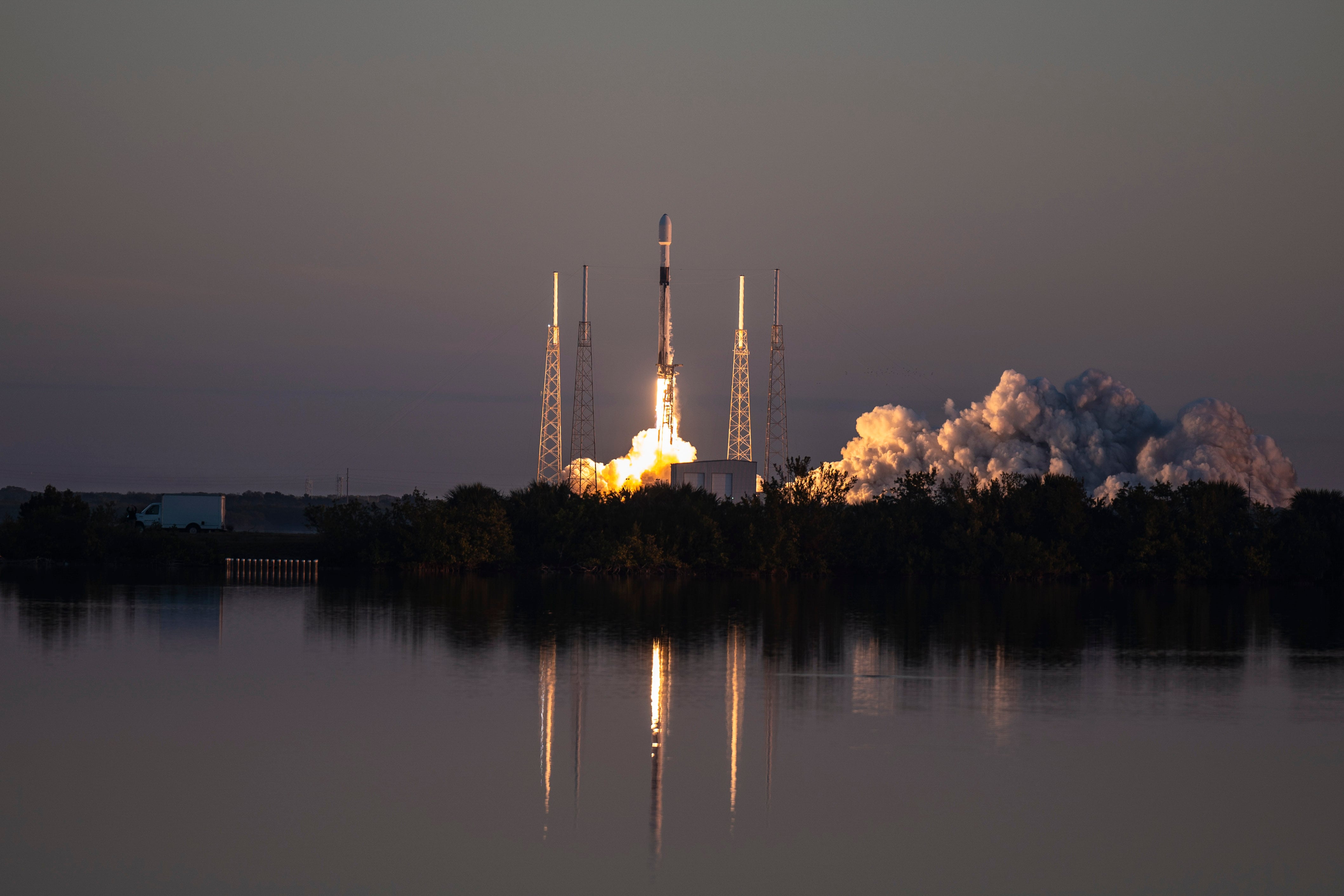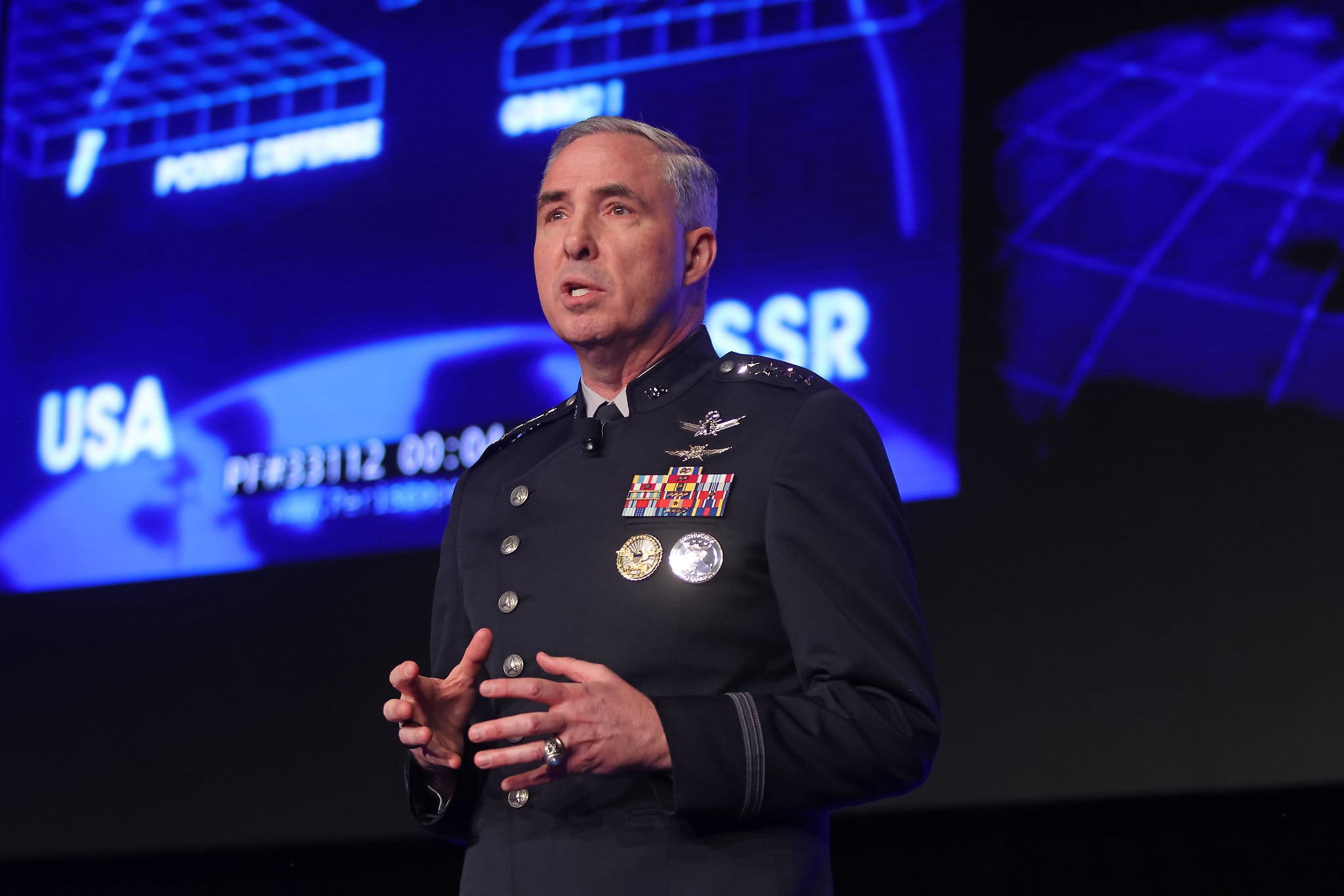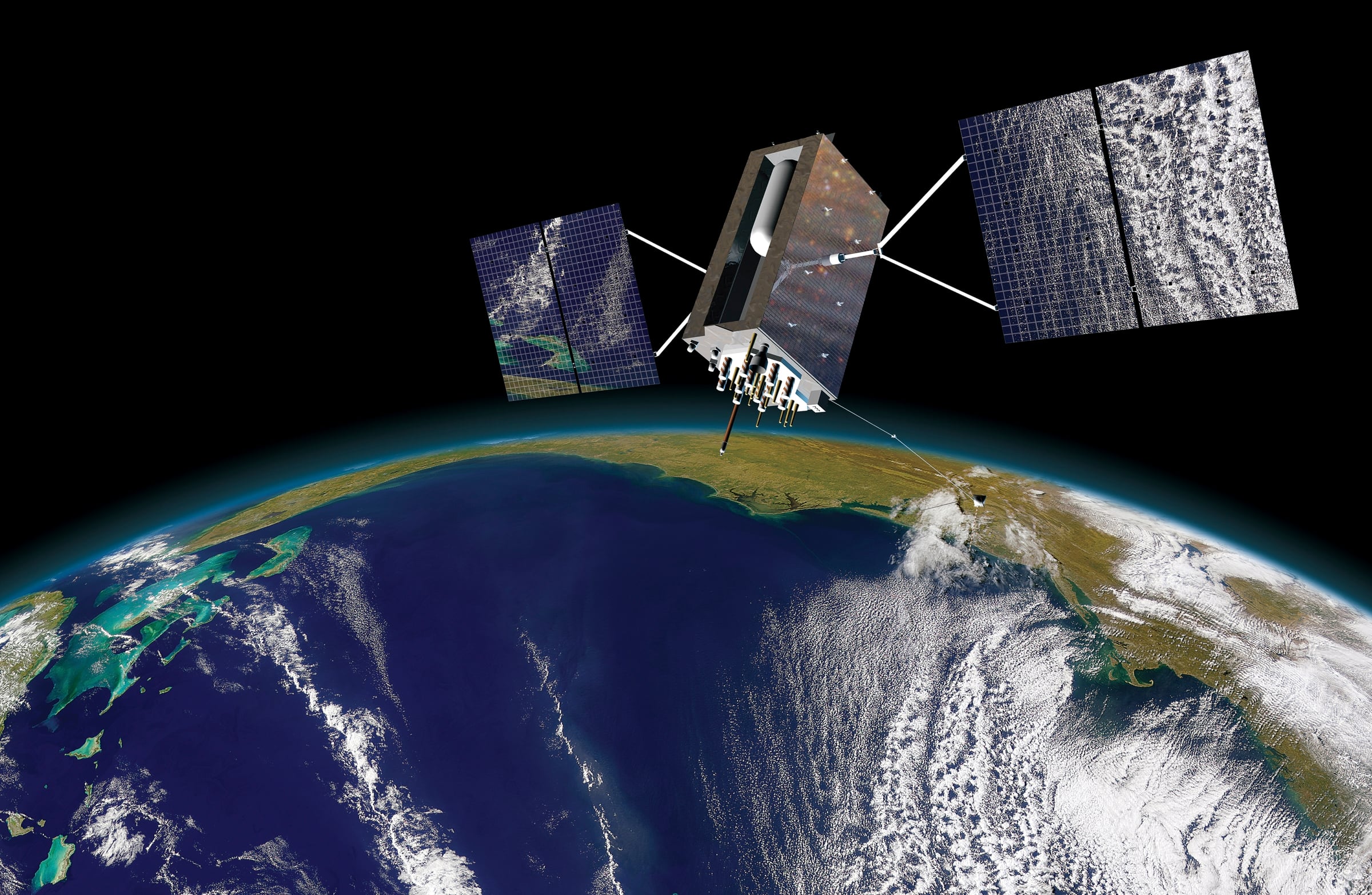WASHINGTON — A provision in the House Armed Services Committee’s version of the fiscal 2024 defense policy bill would approve a U.S. Space Force proposal to change the way it charges companies that launch from its ranges.
Committee members signed off on the legislation June 22, which proposes $874 billion in defense spending. The full House is slated to vote on the bill in July.
Included in the bill is an amendment offered by Rep. Salud Carbajal, D-Calif., that would allow the Space Force to collect fees from companies for the indirect costs of using the military’s launch ranges, like overhead infrastructure or other charges that a traditional port authority might impose on its users.
Today, per the Commercial Space Launch Act of 1984, the service is limited to collecting fees for direct costs like electricity at a launch pad. The law also restricts the Space Force from accepting in-kind contributions from commercial companies to upgrade its ranges.
The committee’s bill, if approved, would require commercial launch companies to “reimburse the Department of Defense for such indirect costs as the Secretary concerned considers to be appropriate.”
“The contract may provide for the recovery of indirect costs through establishment of a rate, fixed price, or similar mechanism,” the bill states.
The language comes as launch rates surge at the Space Force’s two major ranges — the Eastern Range at Cape Canaveral Space Force Station in Florida and the Western Range at Vandenberg Space Force Base in California. The complexes, which once supported a just handful of missions annually, flew a combined 73 missions in 2022.
Much of that increased activity comes from commercial launch companies, and as the service eyes continued growth in that market, officials want to change the way they operate their ranges — viewing them more as spaceports that provide services to customers. Securing changes to policies that impede that transition is a key part of moving toward that business model.
The bill also includes an amendment from Rep. Mike Waltz, R-Fla., that directs the Space Force to consider options for commercial providers to perform “day of launch” services that support range operations, including security, payload processing and integration.
The provision highlights the growth of the commercial launch sector and proposes that allowing commercial companies to perform these tasks could help meet launch demand.
Protecting launch ranges
Rep. Doug Lamborn, R-Colo., offered an amendment that would require the Space Force to report back to the committee on what actions the service is taking to mitigate disruptions to launch ranges, whether from natural causes like weather events or from man-made threats.
“The committee understands that successful space launch depends on multiple factors including the security of the launch range and installation,” the bill states. “The security of launch sites and protection of outside interference are necessary for assured access to space.”
Lamborn’s amendment would also call on the service to explore options for acquiring “Dod-approved, proven-off-the-shelf” capabilities that can track and target air, ground and surface systems that pose a threat to Space Force ranges.
Col. Mark Shoemaker, vice commander for space operations at Space Launch Delta 45, told C4ISRNET the service is most focused in the near term on addressing issues like power outages and ensuring that if a hurricane hits, it can recover quickly from any impact.
“What we’re challenging the teams to think through is how to be more proactive,” Shoemaker said in an April 20 interview.
Courtney Albon is C4ISRNET’s space and emerging technology reporter. She has covered the U.S. military since 2012, with a focus on the Air Force and Space Force. She has reported on some of the Defense Department’s most significant acquisition, budget and policy challenges.








